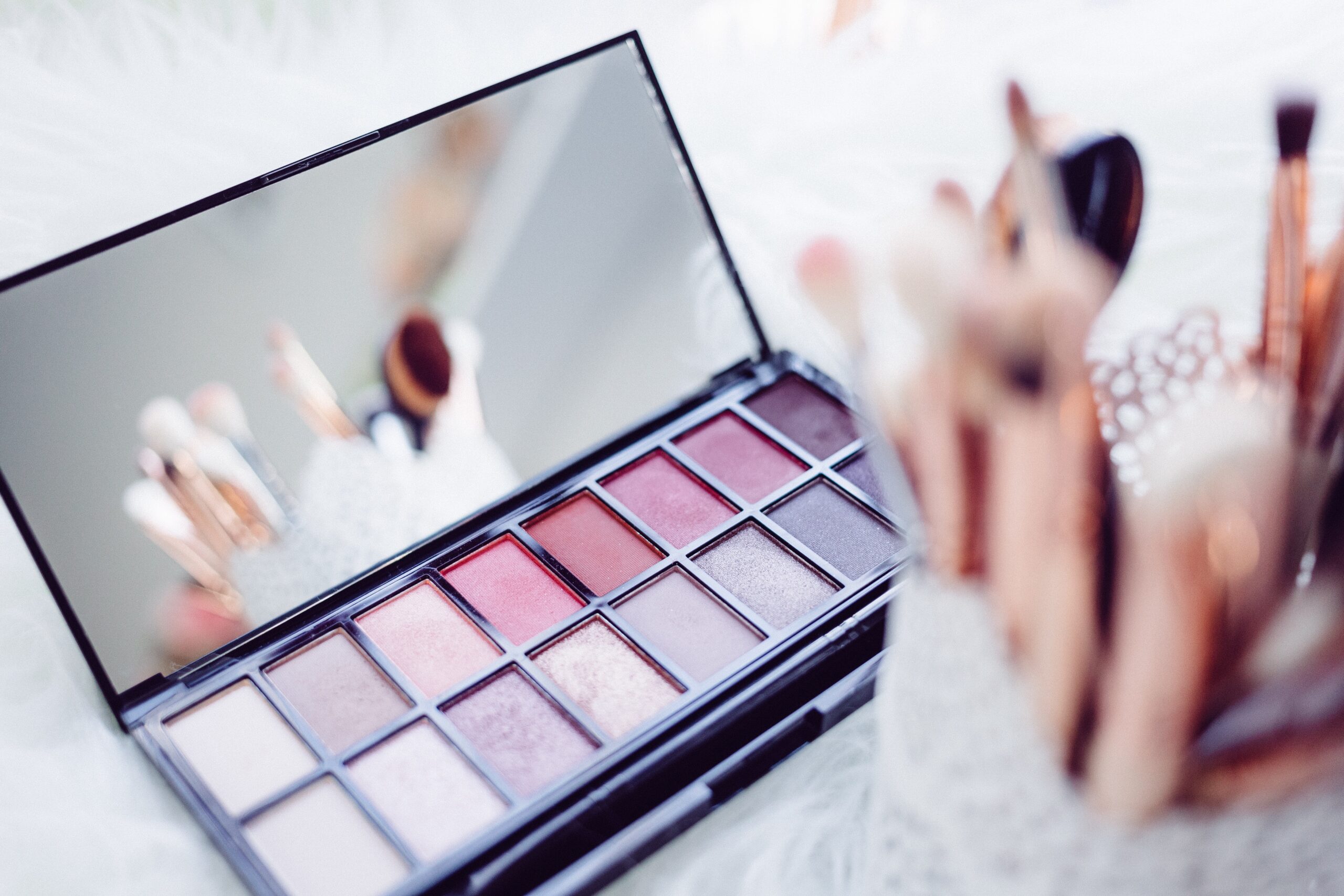
Do You Know What’s in Your Makeup?
Who among us is brave enough to venture out in public without makeup? Not many, we’d guess. Applying makeup before we leave the house in the morning is as automatic as brushing our teeth.
But have you ever wondered how safe the products you use every day are?
If not, our board-certified dermatologists at Genesis Dermatology in Jupiter have some eye-opening information to share about what’s in common makeup products.
Cosmetic ‘wild west’
If you thought the products you use are approved by any government organization, guess again. According to the non-profit Environmental Working Group (EWG), the only thing the U.S. Food and Drug Administration (FDA) reviews for safety in cosmetics are color additives.
Other than that, it’s a case of “anything goes” when it comes to makeup. Which can have unfortunate consequences not only for your skin, but also for your overall health.
You usually know within hours or days if you’re allergic to a particular skincare product. But because makeup doesn’t just sit on top of the skin but is absorbed into the body, its contents can often prove hazardous.
Researchers have connected some chemicals in several makeup products with such issues as:
- cancer
- birth defects
- damage to the reproductive system
- organ system toxicity
- endocrine disruption
For example, the phthalates often found in many beauty products such as nail polishes and hair sprays have been linked to birth defects and endocrine disruption. Sulfates used in many foaming cleansers, including shampoos, can react with the plastic bottle to form toxic nitrates and substances that are absorbed by your body.
The worst offender?
One especially troubling type of chemical found in many makeup products is the perfluoroalkyl and polyfluoroalkyl substances (PFAS). These chemicals—also found in many other products such as carpeting, non-stick cookware, waterproof clothing, and fast-food containers—build up in the body and can lead to numerous health problems.
The Centers for Disease Control and Prevention (CDC) says that high levels of certain PFAS may lead to the following:
- increased cholesterol levels
- changes in liver enzymes
- increased risk of high blood pressure or preeclampsia in pregnant women
- small decreases in infant birth weights
- increased risk of kidney or testicular cancer
- decreased vaccine response in children
The Washington Post reported recently that the CDC also said there is evidence that higher PFAS levels in the body affect the antibody response to vaccines such as those for COVID-19.
Although PFAS can be present in many cosmetics in varying amounts, they are especially prevalent in waterproof, sweat proof, and long-wearing cosmetics, the paper reports.
Several states have begun banning PFAS in consumer products, including cosmetics, and that congress is considering legislation that would ban PFAS in cosmetics.
Healthier beauty
You don’t have to forgo makeup altogether to protect your health, although we would recommend avoiding the long-lasting and waterproof types as much as possible.
Meanwhile, the non-profit Campaign for Safe Cosmetics offers these tips to reduce toxic exposure when using personal care products.
1. Simplify
Choose products with simpler ingredient lists and few synthetic chemicals. Avoid synthetic fragrance by skipping products with “fragrance” on the label, and use fewer products overall.
2. DIY
Some personal care products are easy to make yourself, and this can be a great project for a party. Make your own sugar or salt scrubs or body oils, using simple, organic ingredients.
3. Research products yourself
Since the beauty industry is largely unregulated, it’s up to you to do your own research to find the safest products. There are no legal standards for personal care products labeled as “pure,” “natural,” or “organic,” so look beyond the marketing claims and read labels carefully.
4. Use apps like Think Dirty
To find out whether your go-to products are safe or not, try Think Dirty’s shop clean app. This easy-to-use resource ranks the safety of specific products on a scale of 1-10 and offers up cleaner solutions.
Another excellent resource is EWG’s Skin Deep database, which allows you to search thousands of products for safety. The search returns rankings for each product on a scale of 1-10 from best to worst. The organization also offers a free downloadable copy of EWG’s quick tips for choosing personal care products.
Be sure to ask us if you have any questions about your skincare routine or the best products for your skin type.

